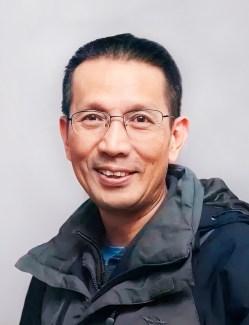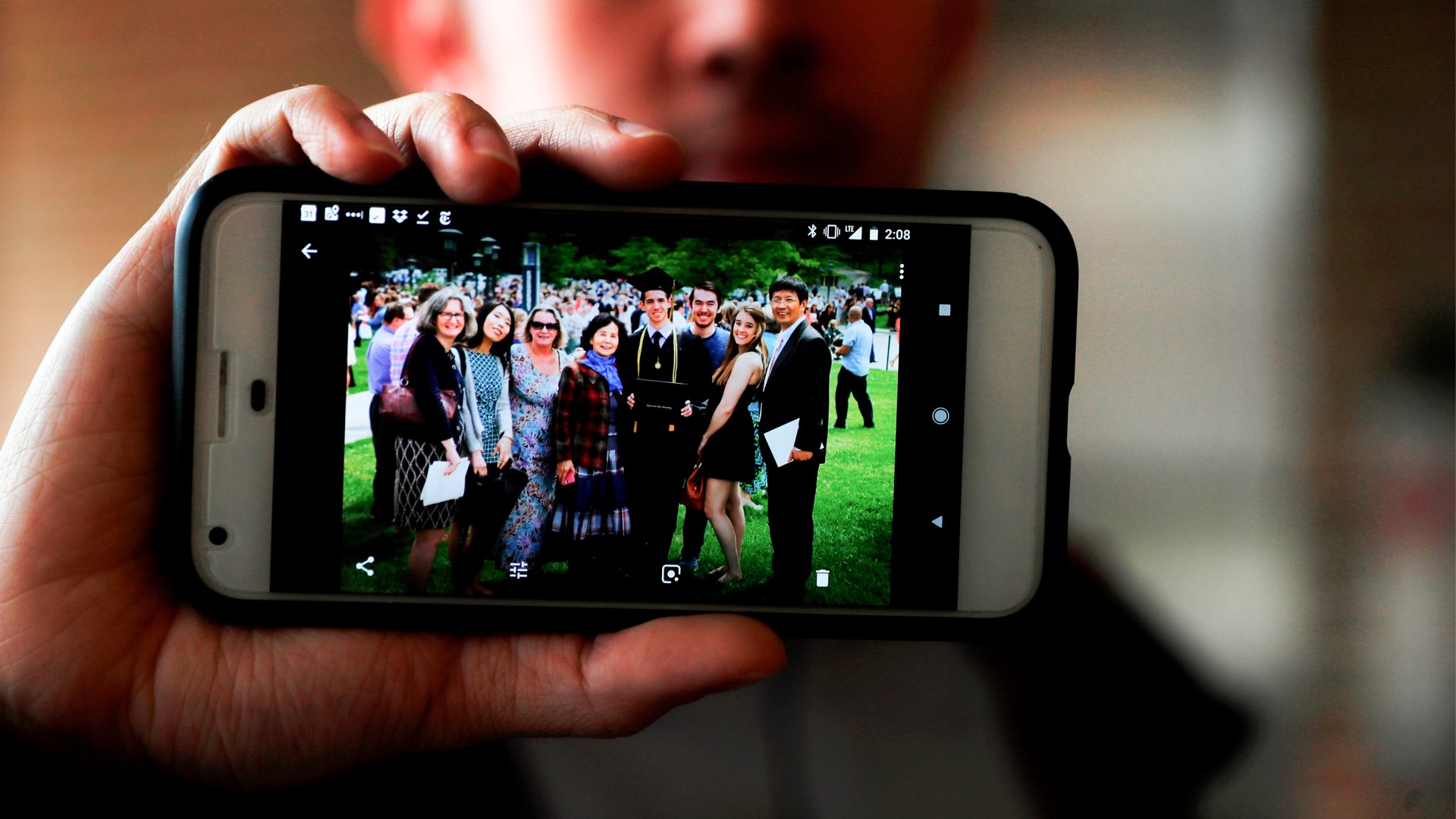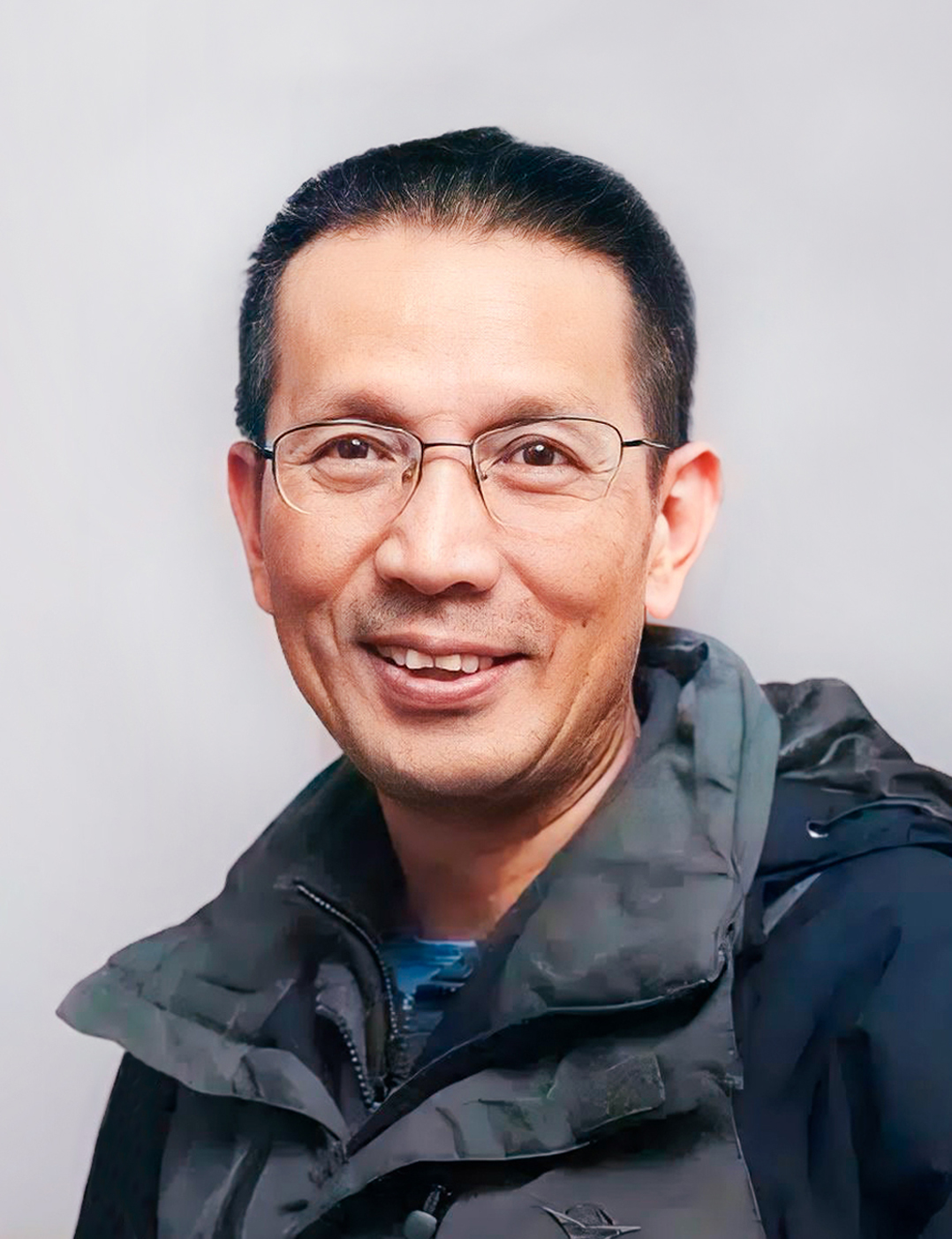When pastor John Sanqiang Cao, 64, crossed the border back into China from Myanmar’s Wa State on March 5, 2017, Chinese officials were waiting to arrest him. For years, he had traveled across the porous border from Yunnan Province to the impoverished Wa State, where he founded more than 20 schools, established drug rehabilitation centers, and provided medicine, books, school supplies, and Bibles to locals. Wa State is part of the notorious “Golden Triangle,” one of the world’s largest producers of methamphetamine.
Yet the courts in Yunnan sentenced Cao to seven years in prison for allegedly “organizing illegal border crossings,” a crime usually applied to human traffickers.
His case garnered widespread attention as Cao’s wife and two sons are US citizens, and Cao has permanent residency in the US. While he could have applied for US citizenship, Cao decided to keep his Chinese passport so that he could return to China for ministry work. He split his time between pastoring a Chinese church in North Carolina and training Chinese house church leaders and mobilizing them to do missions.
Various international religious freedom groups and US lawmakers have long advocated for his release. In 2019, the UN Working Group on Arbitrary Detention concluded that Cao was targeted due to his Christian faith.
Chinese authorities released Cao on March 5 after he finished serving his sentence. Four police officers escorted him to his hometown of Changsha, where he is now subjected to supervision and “thought reform” by the local government for five years.
CT spoke with Cao about his time in prison, the Bible verses that sustained him, his views on persecution, how it feels to be released to a changed China. This interview has been edited and shortened for clarity.
How are you feeling now?
It has been more than 40 days since I have been freed. My health has improved a lot: My tinnitus was serious in the beginning, now it is much better. Every day I go out and jog for 20 minutes, so my body is recovering well.
How free are you right now?
I am generally free, although two agencies, the judicial office and the police station, still monitor me every month by visiting my house. I can go out and about without being followed. However, I do not have a Chinese ID, so I am unable to go see a doctor or travel elsewhere.
What was your time in prison like?
I stayed at two prisons during my imprisonment. Because I shared the gospel with fellow prisoners at the first prison (Menglian Detention Center in Yunnan), I was transferred to Kunming Prison in 2019. To punish me, I was no longer allowed to speak with other inmates.
 Courtesy of China Aid / Edits by CT
Courtesy of China Aid / Edits by CTIn China, prisoners need to go through laogai, which means “reform through labor.” The Chinese Communist Party (CCP) regards labor as noble and imposes long hours of work on prisoners. The purpose of laogai is to transform a bad person into a good person.
At Menglian Detention Center, we sewed pants and clothing, for which we received next to nothing. At Kunming Prison, I assembled paper bags for tea leaves, as well as gift and fruit bags, without getting paid. While I was imprisoned, I did not get sun exposure—I probably only saw sunlight about 10 times a year. Without sunlight and the vitamin D it produces, my body became weak. I was not allowed to go outside or to exercise. I could not even exercise in my room.
Every day from 7 to 7:30 a.m., we had to watch a state-owned news program. I had zero interest in the news, as it is dogmatic and meaningless to me. I usually bowed my head to pray as the news played in the background. I did learn about the COVID-19 pandemic and other major outside news to some extent. All of us had to learn dozens of “red songs” [praising the CCP] to “inherit red genes and ready ourselves to liberate all human beings.”
Since I could not speak to anyone when I was in the Kunming prison, I would pray and sing praise songs. I would also write some poems of praise. I was placed under surveillance by four fellow inmates, and I could not step out of my room. Although they could freely interact with inmates from other cells, I could not speak to any of them. Similarly, prisoners would not approach me once they saw the four guards standing beside me.
Are there particular Bible verses that encouraged you?
I did not have a Bible while in prison. Although both my mother and my lawyer brought Bibles to my prison, the correctional staff refused to hand them over to me. My mother would write down Bible verses in her letters to me. Yet the police checked our correspondence: If faith was mentioned in my letters, they would not be delivered.
Both prisons had small libraries with hundreds of books. I would search for Leo Tolstoy’s books, since there are some Bible verses in his books. When I found them, I’d be very, very happy and copy the verses in my notebook. In the four years I was there, I copied dozens of verses. I especially liked the verses that remember believers who are suffering in prison. In Psalm 137:1–3 it says,
By the rivers of Babylon we sat and wept,
when we remembered Zion.
There on the poplars
we hung our harps,
for there our captors asked us for songs,
our tormentors demanded songs of joy;
They said, ‘Sing us one of the songs of Zion!’
These verses about Israel and the Jewish people’s grief during their Babylonian exile spoke to me.
Have you ever doubted your faith or wondered why you had to go through this trial?
I have never wondered. Once I returned to China to spread the gospel, I knew that sooner or later I would be persecuted for my faith. Jesus said we will go through what he had experienced. For whosoever will pursue his life shall lose it, and whosoever will lose his life for the Lord’s sake shall find it. Also, I have been to every province in China, where I visited many Christians who were persecuted, beaten, and imprisoned. I’ve heard their testimony. So when the day came, I had a great peace in my heart. I knew I would pay a price for my faith, so I felt very joyful.
Your mother went to great lengths to visit you. What is behind her strength and courage?
My mother may seem like an ordinary Christian, but she is a very remarkable Christian. It took her two full days to reach the detention center where I was held in Menglian, and oftentimes she could not even see me. On the days when we were able to meet, we had to talk on the phone through a glass window. Our conversations were monitored.
One time, my mother mentioned that a fellow believer passed on his greeting and was praying for me. Before she even finished her sentence, the keyword praying triggered the police to cut off the conversation and end our meeting. For her to ride the train for so many hours to merely have a three-minute conversation with me caused her to burst into tears.
According to China’s prison law, prisoners have the right to write letters to their loved ones, but I could only write letters to my mother. That cut off my contact with the outside world, as I could only communicate through her. I wrote a poem to pay tribute to my mother. I talk about how during World War II, many mothers sent their sons to the frontline to fight. One line goes, Mothers sent off their sons in the past, side by side my mother stands with me now. I regard my mother as my comrade, who fights besides me. She is mightier than the WWII mothers.
Many people, from local Christians to US government officials, have called for your release and prayed for you. What would you like to say to them?
I am extremely grateful for all the brothers and sisters around the world who prayed and advocated for me. I also know that they tried through many channels to convince the Chinese government to correct this mistake and release me.
I am very thankful for the many US lawmakers and officials who put in a lot of effort to free me. Whether ordinary citizen or official, they spoke out for me out of a sense of justice.
Many Chinese Christians also came to the entrance of my prison to pray for me. This could get them arrested, so they took great risks. The police at the prison knew that if there were people standing at the gate, they would be praying for me. An officer once secretly notified me that there were people who kneeled at the gate to pray for my freedom.
When you were released, you returned to a very different China with even less freedom for Christians, a worsening economy, and a crackdown on civil society. How are you coping?
Initially, when I learned about my seven-year sentence, I could not wrap my head around the fact that they would persecute me, even though the things I did in northern Myanmar were beneficial to China. Once I was released, I realized that many pastors had been arrested. I came to realize that this is a crackdown against the house churches in China as a whole, and I just happened to be among the first few individuals.
Chinese Christians are not anti-government, they obey the constitution. An ordinary citizen does not possess a gun—how can he incite subversion of state power? For the government to crack down on Christians, it is an act of self-harm and self-damage. Not only do the Christians get hurt but the government also hurts its reputation and is discredited.
What are your plans going forward?
First, I would like to get a Chinese ID so I can reunite with my family in the US. Without my ID, I cannot move freely to other places, purchase a cell phone, register for accounts online, or see a doctor.
It is not only about the reunion or about the inconvenience. It’s also an expression of me being a Chinese citizen. I highly value my citizen’s rights, so for them to be deprived, it is very unfair and unjust. Christians experience a lot of similar treatment like this in their daily lives.
Other than that, my life has been good. Changsha has been good. I am able to participate in in-person and online church services. I have been contacted and invited by house churches to pastor them, but I have not yet decided, since house churches are still considered illegal in China. As always, my main purpose is to share the gospel.













